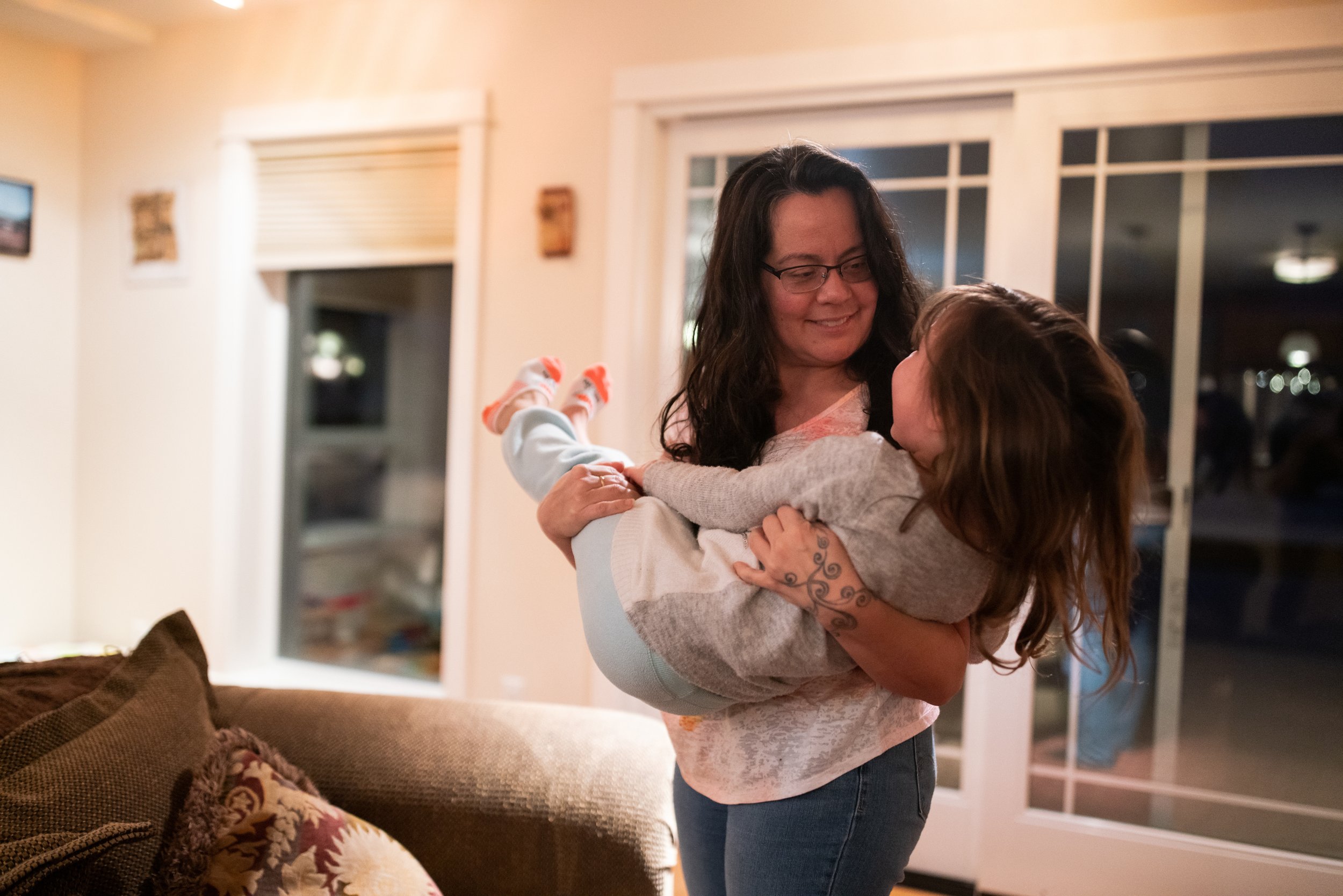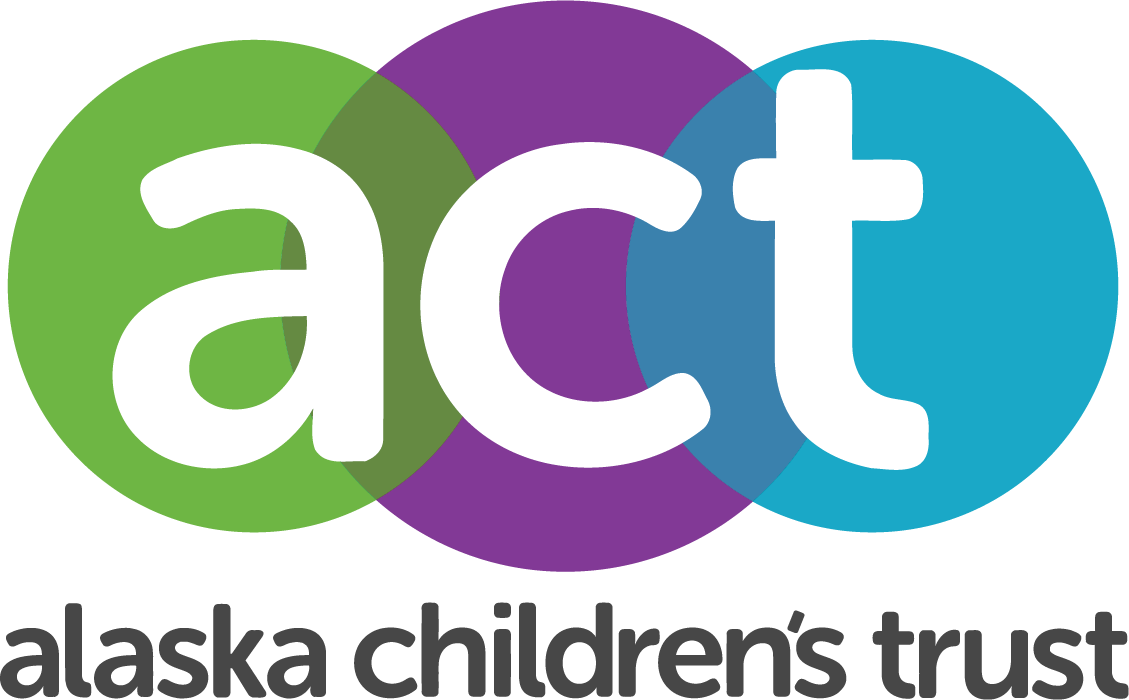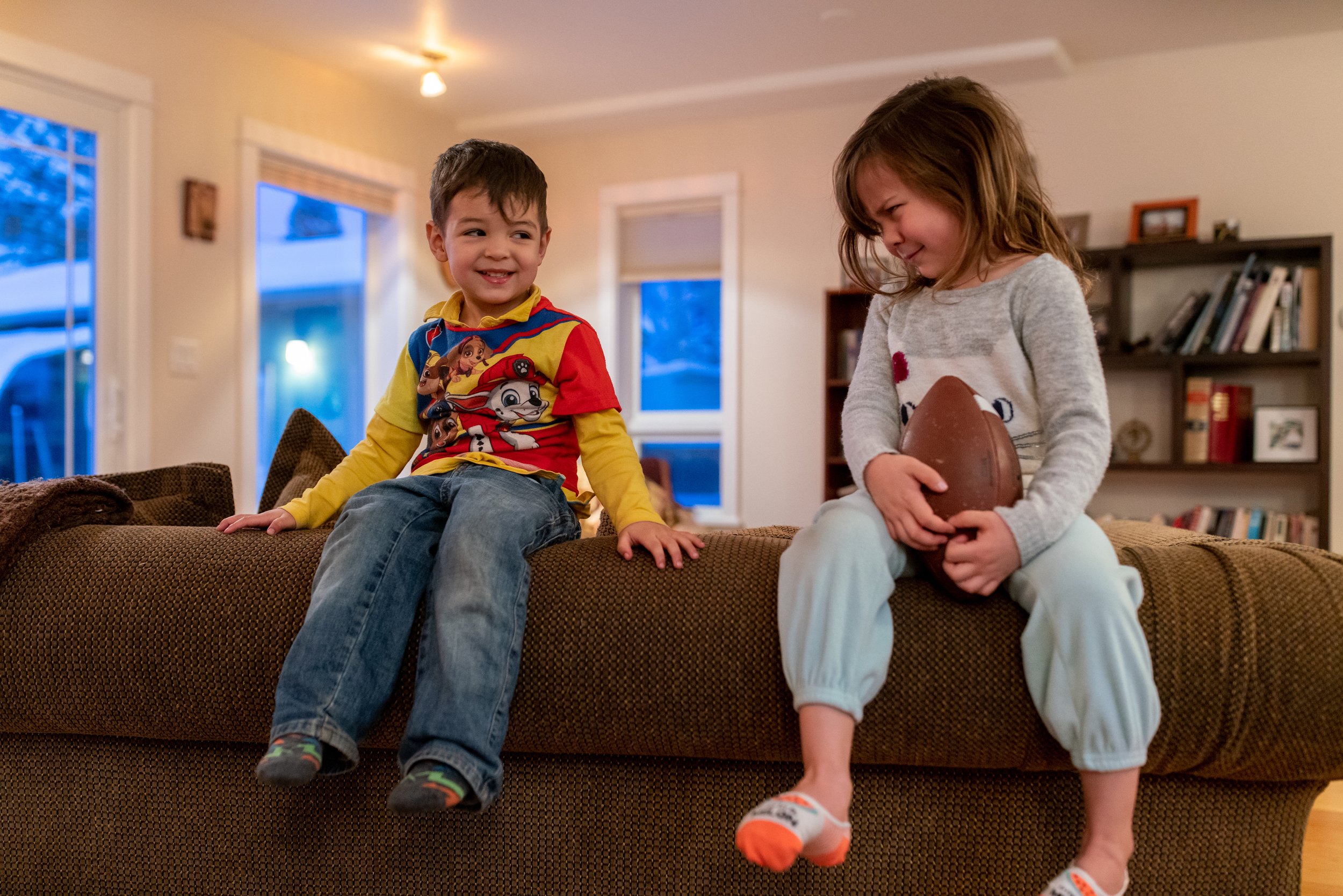
Child Care and Early Education
A shortage of affordable, safe, and high-quality child care and early education services is creating serious challenges for kids, families, and poses significant risks to our economy.
Why are Child Care and Early Education so Important?
FOUNDATIONAL SKILLS FOR KIDS
There are hundreds of Anchorage kids that start kindergarten without the foundational skills they need. This is especially true for young kids that don’t have a stable care situation at home, including families that don’t have secure housing. Child care access helps ensure that Anchorage kids will start kindergarten ready to learn, set them up to learn to read, and succeed all the way through high school. Studies show high-quality child care and early education programs help kids by increasing reading scores and graduation rates, lowering incarceration rates, and even improving long-term health.
BUSINESSES AND THE ECONOMY
A shortage of qualified workers is the number one problem facing Alaska businesses. A lack of child care is a big part of that problem. In 2021, the U.S. Chamber of Commerce found that child care issues in Alaska result in an estimated $165 million loss annually for Alaska’s economy. We cannot meaningfully address our workforce shortage without addressing the child care shortage. Child care access can free up more parents to reenter the workforce and make Alaska a more attractive place for businesses and families.
HELPFUL STATISTICS
The state of child care in AK
We use research and data to monitor where there has been progress and where we need to focus our efforts to build a stronger future for our children and our state.
$165
Million
Child care issues cost the Alaska economy $165 million every
year, according to the US Chamber of commerce
70%
By age five, a child's brain is 90% developed, but 70% of Anchorage children are already behind by the time they get to kindergarten
77%
of Alaska parents missed work due to child care issues in the past three months
40%
In a survey conducted by the US and Alaska Chamber of Commerce, 40% of respondents reported that they or someone in their household has left a job, not taken a job, or greatly changed jobs because of problems with child care in the last 12 months
Stories from Alaskans
“It was the biggest relief when my daughter went to Kindergarten, it was a huge stress relief. And here’s the thing, the need for child care fell on me, not my husband, and I don’t think that’s unusual and that’s really challenging. That additional stress of who’s going to watch our kids. How are we going to meet the need for child care? There was a waitlist here so it was hard to get in and it was incredibly expensive. Who can afford paying for a whole month of daycare? There are so many barriers to access! And people don’t realize it’s been an issue for a long time.”
Executive Producer, Writer, & Casting Director - Laura Norton-Cruz
Director of Photography, Editor, Director - Joshua Albeza Branstetter
This film was a production of: Laura Norton-Cruz Consulting & Branstetter Film
Support for this project was provided by a grant from the Robert Wood Johnson Foundation’s Culture of Health Leaders program.
“We are experiencing a bump in the road with childcare. My school age kids don’t have one to watch them the rest of the school year before and after school so I am having to quit my job temporarily and take care of everyone.”
“Our main challenge at Valdez Cooperative Preschool is finding qualified staff. We’ve tried really hard to make it an attractive position, we’ve raised pay significantly over the last couple of years, we’ve given a stipend benefit, but we just struggle to find staff who are qualified.
We actually closed for the rest of this year because of it.”
Child Care Access in Anchorage
In April of 2023, Proposition 14 – the Anchorage Child Care and Early Education Fund (ACCEE Fund) – passed with strong support from Anchorage voters, by a nearly 12-point margin. Proposition 14 dedicates the Municipality of Anchorage’s marijuana tax revenue to child care and early childhood education. The funds started accumulating in January of 2024, with an estimated five million dollars available annually. The ACCEE Fund can be spent creating access to child care and early education programs; supporting reading programs; supporting child care or early education provider training, professional development, staffing, and/or livable wages; or funding facilities. Funding can be delivered in a variety of ways, including through the issuance of grants or the completion of studies or research related to child care and early education.
Proposition 14 also established an Accountability Board of Child Care and Early Education, to be appointed by the Anchorage Mayor and confirmed by the Anchorage Assembly. The Board will advise the Mayor and Assembly on use of the funds and present a proposed budget to both annually. In the fall of 2024, the Board will propose its first budget. After it is reviewed and finalized by the Mayor and Assembly, funds will start being dispersed in 2025.
Get Involved
Share your story
Join our policy & advocacy mailing list to learn about action alerts on child care and early education or contact us here to learn more.






